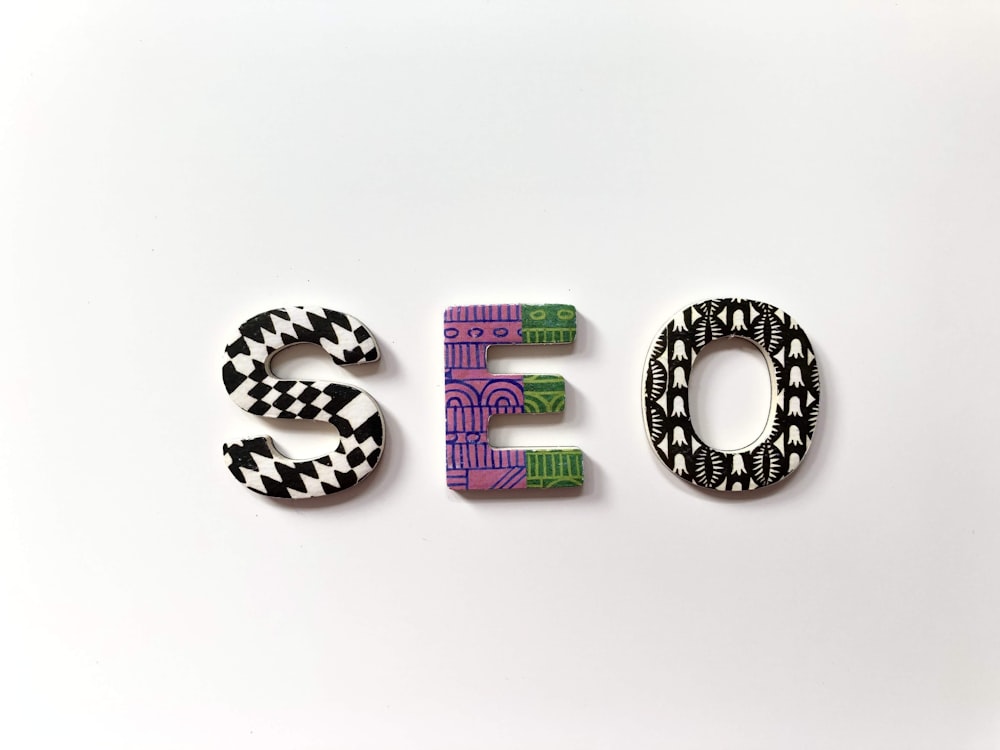What You Need to Know About Contextual Backlinks

Contextual links require effort and time. However, it pays over time. The advantages are substantial, including higher keyword rankings and more referral traffic.
Do Contextual Backlinks Work?
It is crucial to obtain contextual backlinks as part of optimizing your search engine (SEO). They can help your site rank higher in the SERPs of Google and improve organic traffic.
Guest blogging can be the best way to get relevant hyperlinks. You should make sure that the guest blogging site is relevant to your business and industry.
Reciprocal link-building campaigns are a different method to build contextual backlinks. This can be accomplished via email or on social media platforms.
It is important to identify websites that have a high-authority domain and a relevant user base. These sites are more likely be able to link back to your site and will also mention your business within their articles.
Google makes use of contextual backlinks in order to determine ranking. These links help Google understand your page better by studying the content, context, and other elements of websites that link to you.
What are contextual links?
Contextual Links are backlinks that help increase the ranking of search engines of your website. They are more useful than traditional backlinks since they are more relevant to a particular website or subject.
Google believes that contextual linking can be an affirmation that your site is worthy of a higher ranking. They establish credibility for the source and the website that they link to.
The best contextual links are organic and originate from top-quality websites. They should be integrated into relevant content relevant to your specific business or niche, and your company.
You can increase your site’s ranking and visibility in search engines by incorporating more contextual hyperlinks. It’s also a great method to establish your brand in the industry as an expert.
2.0 Contextual Backlinks to Web 2.0 Contextual Backlinks
Web 2.0 contextual backlinks refer to links that are embedded within the content of a piece. These types of links are valuable because they allow search engines to determine the significance of a piece of content and rank it accordingly.
Although they are an effective tool to build high-quality links, they should be used in a professional manner. If you apply these techniques too aggressively, you could be a victim of methods of link building that are illegal and could harm your SEO efforts.
This is why you have to develop quality links and not only one or two links from Web2.0 platforms. Google doesn’t penalize sites which use white-hat hyperlinks.
How to Get Contextual Links
Search engines find contextual links to be the most effective types of links external to. These links are from reliable sources that are relevant for the information they’re pointing to.
To get contextual links, it is essential to establish connections with domains with high authority to obtain them. This can happen via guest posts or interview requests.
These strategies can help you create a strong network of websites and content that connect to yours, if you use them correctly. This will help you achieve higher rankings in search results and boost the amount of traffic to your site.
Contextual links can also be obtained by making use of internal hyperlinks. They are the links on your site that point you to other sites that offer relevant and relevant information. This will keep your visitors interested in the content you provide and encourages them longer visits which is beneficial for SEO.

